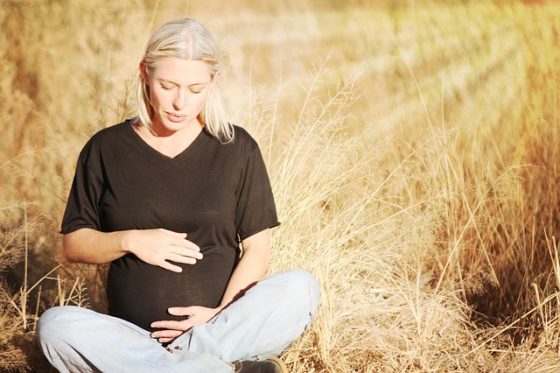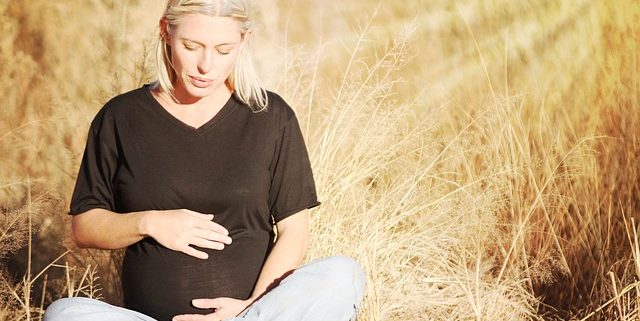Pregnancy After 40: Fertility Basics

In part, women are waiting longer to get pregnant because they can – with better access to contraceptives and reproductive health care, it’s easier to wait until you feel ready. The biggest factor driving the increasing average age of first-time mothers is the huge drop in teen pregnancies in recent years. The second biggest factor is the increase in women having children when they’re 30 or 40 years old.
Many women feel it makes sense to wait until they feel emotionally and financially comfortable before raising a child. And that kind of emotional and financial stability certainly helps. Many women also want to pursue careers, travel, and other interests throughout their twenties and thirties and don’t want to start a family until later. Whatever the reason, more and more women are waiting to have children. But pregnancy after 40 can actually be really different from pregnancy at 25. The risks are simply different.
Getting Pregnant After 40
For women in the US, fertility usually peaks in the mid-20s. It generally declines a little bit through the mid-30s, then starts to drop much faster after about 35. The biggest drop happens around the age of 42, after which it becomes much more difficult to get pregnant on your own. It’s also much more difficult to get pregnant via in vitro fertilization or other fertility treatments after that time.
Why the drop in fertility? Your hormonal cycle changes as you get older, making your body less able to successfully support a pregnancy. Your uterine lining thins, for example. In addition, eggs have a limited lifespan. You’re born with all the eggs you’ll ever have and it can be tough to get pregnant using your own eggs after a certain point. The DNA in your eggs breaks down over time (just like in the rest of your cells), which makes them unlikely to be capable of forming a fetus. At age 30, about 1/3 of your eggs have DNA abnormalities, but that doubles by the time you’re 40. And by the age of 44, more than 90% of your eggs will have abnormalities. Plus, you have fewer eggs left to work with.
Once you hit your mid-40s, your chances of getting pregnant drop really fast. Most women in the US hit menopause between the ages of 48 and 55, at which point it becomes very difficult to get pregnant using your own eggs. You may still be able to get pregnancy using in vitro fertilization with your own eggs or donor eggs, but it can be a lot harder than it would be for a younger woman. You’ll likely need more embryos transferred and have to take additional fertility drugs. In other words, it’s not just harder to get pregnant on your own – it’s harder to get pregnant even with fertility treatments. Many clinics cut off the use of a woman’s own eggs in her mid-40s and require the use of donor eggs.
Now, here’s a strange twist of pregnancy after 40 – the hormonal changes going on as you age can actually trigger multiple eggs to mature and be released at a time. So, you may actually be more likely to have multiple births than a younger mother. Note that fertility treatments also increase the likelihood of multiple births.
And remember, these are just general stages – everybody is different. Some women will experience these hormonal changes much earlier and some will experience them much later. In May of 2016, a 72-year-old woman in India gave birth! In other words, age isn’t the only thing that determines your ability to get pregnant – there’s no strict cutoff.
Fertility Help for Pregnancy After 40
If you’re trying to get pregnant after the age of 35 or 40, experts recommend consulting with an experienced fertility doctor or gynecologist. They’ll be able to measure your hormones to give you a sense of how likely it is that you’ll get pregnant without intervention. They can also guide you through fertility treatment options. It’s a good idea to seek out a doctor if you’ve been trying for 3 months without success; it’s likely to get harder the longer you wait.
Of course, fertility is just the start. Pregnancy after 40, like any pregnancy, comes with certain risks to both mom and baby. To learn more, check out our guide!








Leave a Reply
Want to join the discussion?Feel free to contribute!